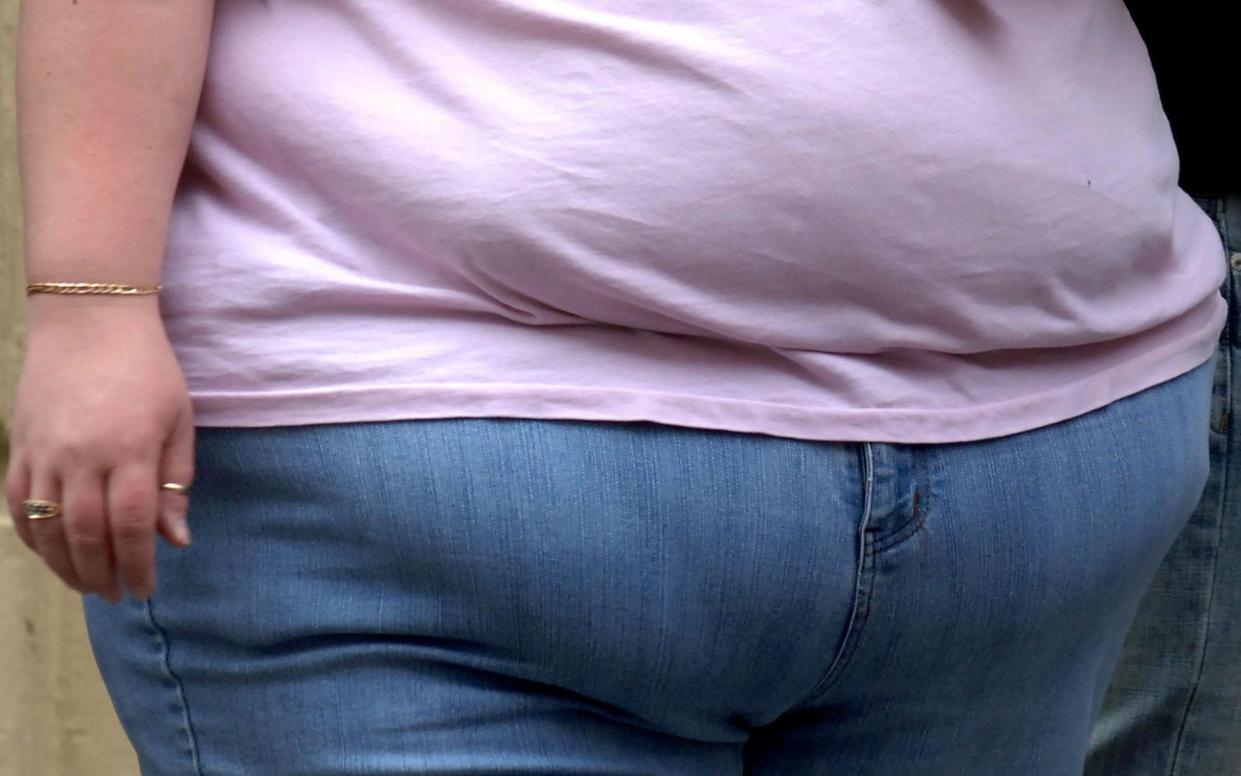Anti-obesity messages in Covid pandemic could be fuelling eating disorders

Anti-obesity messages resulting from the coronavirus crisis may be fuelling eating disorders, the Royal College of Psychiatrists has warned.
Dr Agnes Ayton, who chairs the college's faculty of eating disorders, said: "Because of the lockdown, people's social networks and their social support systems have also reduced quite significantly.
"A lot of public health messages have also been about weight loss and exercise during the pandemic, and that has been promoted by the Government because of the risk of obesity and serious Covid. But if you are a younger person worrying about your weight and shape, you're bombarded with these messages and think 'I should lose weight'."
Dr Ayton said the virus crisis was likely to have fuelled anxiety among those with eating disorders, adding: "During the pandemic there's a lot of anxiety and a lot of uncertainty, and there has also been uncertainty about food.
"People have been buying things that may last longer. Some of these foods – like pasta or biscuits – can be trigger food for people who are bingeing or who have bulimia."
The psychiatrist said waiting times for eating disorder treatment had doubled in some areas after bed numbers were cut to allow more social distancing, warning that this was putting lives at risk. There are currently 455 adult inpatient beds for eating disorders in the UK and people can face long waits for a space, while some are sent miles from their homes.
"Beds have been reduced in the pandemic due to infection control issues," Dr Ayton told the PA news agency. "The vast majority of NHS hospitals, particularly adult services, are all dilapidated buildings and very small rooms.
"During the pandemic, we cannot run to the same level of capacity in hospitals but this means our list of people waiting for a bed has grown. The number of people referred for admission with severe eating disorders is a small proportion... but you're talking about people who are at really high risk of dying or at potential risk of dying."
Before the pandemic, adult patients in Dr Ayton's region, which includes Oxfordshire, Buckinghamshire and Berkshire, would wait "three to four weeks depending on urgency for admission, but it's now more than two months".
She added: "This is even [in patients] with an extremely low BMI [body mass index], and even with potentially life-threatening conditions. That puts an enormous pressure on everyone, so obviously on patients and the family but also staff, who want to help them. It is very, very stressful."
Dr Ayton said NHS England has committed to investing in community services, "but we're talking about a very slow timescale".

